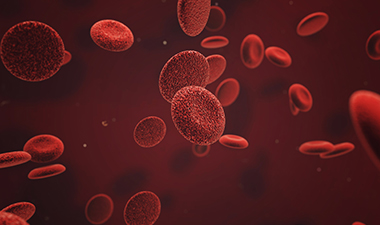
If you have Rh-negative blood and do not already have antibodies for Rh-factor, you will be given an injection of Rh immunoglobulin (also called RhoGAM, WinRho, or anti-D immunoglobulin) at about 28 weeks gestation. This prevents sensitization in 99% of women so that your body will not form antibodies to the baby’s Rh factor. Since the job of red blood cells is to carry oxygen around the body, Rh disease is quite serious. These antibodies then destroy some of the baby’s blood cells and cause fetal anemia, which is called Rh disease. The antibodies from an Rh-sensitized mother can cross the placenta and enter the fetal blood stream.

It is the subsequent pregnancies that are of concern. In most cases, this sensitization will not happen until delivery, in a first pregnancy.

Once she is exposed to Rh-positive blood (as fetal cells move through her system during pregnancy or at the delivery), her body will make antibodies that can ‘attack’ the Rh protein. Because the mother does not have this particular protein in her body, her immune system will perceive it as a foreign and possibly harmful substance. Problems can arise if the mother is Rh-negative, and the baby is Rh-positive. This testing is becoming more and more common. All pregnant women will be tested for Rh status during routine bloodwork taken early in pregnancy. New tests are available to assess the fetus’ Rh status by measuring “cell-free DNA” in the mother’s blood. If both parents are Rh negative, the baby will also be Rh negative. If either parent is Rh positive, the baby may be Rh positive or negative. Whether a person is Rh factor positive (D-positive) or negative depends on how the genes were passed down from his or her parents. Most people have it too, but some do not. It is found in all rhesus monkeys, thus the name Rh.

The Rh factor (also called D-antigen) is a protein that can either be present or absent on the surface of your red blood cells. Rh blood groups What is an Rh blood group?


 0 kommentar(er)
0 kommentar(er)
